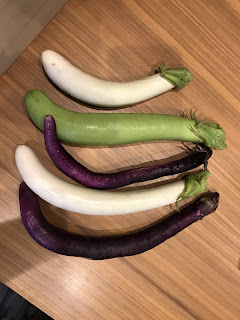日本人 ≠ リーダー? Japanese youngsters dislike to be leaders.
Japanese young people avoid being leaders according to a recent TV survey. When "leadership training" has been regarded as key skills in many countries, I am clueless why it is such an opposite attitude in Japan. Why do Japanese youngsters avoid leadership opportunities? Kayo came to enlighten me at a recent Toastmasters meeting with a speech. There are 3 reasons according to her analysis: (1) Perceived responsibility Japanese people might be intimated by the responsibility as a leader. In the old time, the ultimate way to demonstrate a person's integrity is called "hari-kiri" which is a ritual suicide with a sword. When other cultures promote communications when misunderstanding arises, Japanese and its neighboring Asian countries (such as China, Korea) have a different way to end all doubts. I can imagine why people would avoid committing to leadership opportunities if this means that their lives can be at risk. (2) Limited leadership role models When...
